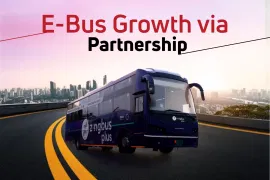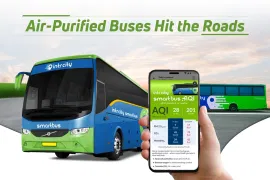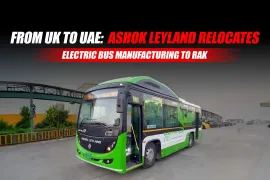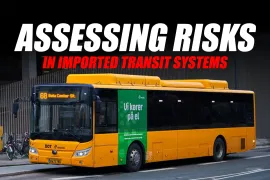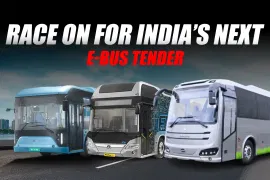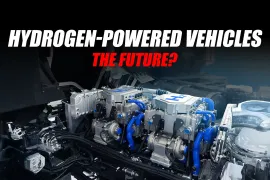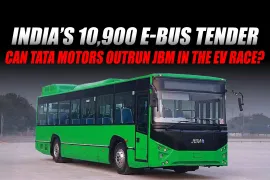India's bus market is a crucial part of the country's transportation network, serving over 1.4 billion people and catering to both urban and rural mobility needs. Buses play a vital role in daily commuting and long-distance travel, with the market expected to grow at a CAGR of around 8-10% in the coming years. This growth is fueled by urbanization, rising disposable incomes, and an increasing focus on sustainable transport solutions.
The Indian government is promoting electric buses through initiatives like the FAME scheme, aiming to reduce emissions and enhance public transport efficiency. As metro networks expand in major cities, the demand for last-mile connectivity has increased, prompting manufacturers to innovate. Smart buses with GPS tracking and modern amenities are becoming more prevalent, reflecting a shift towards more efficient and passenger-friendly transport solutions. This article explores the top 5 buses available in India, detailing their uses, prices, and leading brands.
- Tata Motors Ultra Series

Uses:
The Ultra series is versatile, suitable for:
- Intra-city public transport
- Intercity travel
- School transportation
- Employee shuttles
Price:
Prices range from approximately ₹28 lakhs to ₹35 lakhs (ex-showroom price), influenced by features and configurations.
2. Ashok Leyland Lynx

Uses:
Designed for comfort and safety, the Lynx is primarily used for:
- Long-distance travel
- Intercity transport
- Tourist operations
Price:
Typically ranges from approximately ₹18 lakhs to ₹30 lakhs (ex-showroom price) based on specifications.
3. Mercedes-Benz Citaro (India Version)
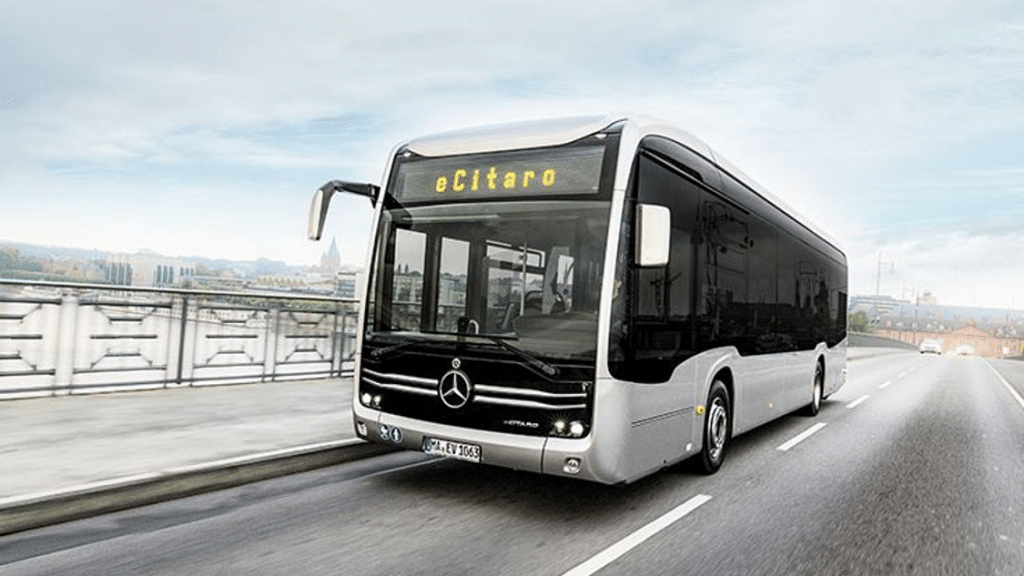
Uses:
The Citaro is utilized mainly in metropolitan areas for:
- Public transport
- Luxurious travel experiences
Price:
Starting around approximately ₹85 lakhs (ex-showroom price), reflecting its premium features and build quality.
4. Volvo 9400

Uses:
Designed for long-distance and luxury travel, the Volvo 9400 is commonly used by:
- Private operators
- Travel agencies
Price:
Starting around approximately ₹1 crore (ex-showroom price), depending on configuration.
5. BMTC Electric Bus

Uses:
Focused on urban public transport, these electric buses aim to:
- Reduce carbon emissions
- Provide cleaner commuting options
Price:
Starting around approximately ₹1.5 crore (ex-showroom price), reflecting the advanced electric technology used.
These buses represent a blend of innovation, comfort, and sustainability, catering to various transport needs across India.
Popular Brands Overview
1. Tata Motors
Tata Motors is a market leader in the Indian automotive sector, offering a wide range of buses known for their durability and fuel efficiency. The Ultra and Starbus series are particularly popular in both urban and intercity applications.
2. Ashok Leyland
With a long-standing legacy, Ashok Leyland produces a diverse lineup of buses, including the Lynx and Guru series. Their focus on safety, comfort, and reliability makes them a preferred choice for public and private transport.
3. Mercedes-Benz
Targeting the premium segment, Mercedes-Benz buses like the Citaro and Tourismo offer luxury features and superior performance, catering to urban transport and high-end tourism.
4. Volvo
Volvo buses are synonymous with safety and luxury, particularly in long-distance travel. The Volvo 9400 caters to the needs of premium operators, providing a high level of comfort and advanced features.
5. BMTC
Bangalore Metropolitan Transport Corporation is pioneering the use of electric buses in urban settings, reflecting India’s push towards sustainable public transport solutions.
6. Force Motors
Known for their versatile vehicles, Force Motors’ Traveller series is popular for its adaptability in various transport sectors, from tourism to corporate commuting.
7. SML Isuzu
SML Isuzu specializes in medium and light commercial vehicles, offering economical solutions for rural and urban transport needs with models like the S7.
Future Trends in the Indian Bus Market
1. Electric Buses
The Indian government is pushing for a shift towards electric mobility. With subsidies and incentives, electric buses are expected to gain a larger market share, contributing to sustainable urban transport.
2. Smart Buses
Integration of technology such as GPS tracking, Wi-Fi, and real-time updates for passengers will enhance the commuting experience.
3. Luxury Coaches
As the tourism industry grows, demand for luxury coaches with advanced amenities will increase, with manufacturers focusing on comfort and premium services.
4. Safety Innovations
With an emphasis on passenger safety, manufacturers are integrating advanced safety features like anti-lock braking systems (ABS), electronic stability control (ESC), and better crash protection standards.
Conclusion
The Indian bus market is evolving rapidly, with a diverse range of options catering to various sectors, from public transport to luxury travel. Understanding the specifications, uses, and pricing of these top buses enables operators and consumers to make informed decisions. As the industry shifts towards sustainability and technology integration, the future of bus travel in India promises to be innovative, efficient, and more environmentally friendly. With ongoing advancements, the role of buses in India's transportation infrastructure will remain pivotal in addressing the growing mobility needs of its population.
Web Stories
Latest Buses News
Categories
91trucks is a rapidly growing digital platform that offers the latest updates and comprehensive information about the commercial vehicle industry.

